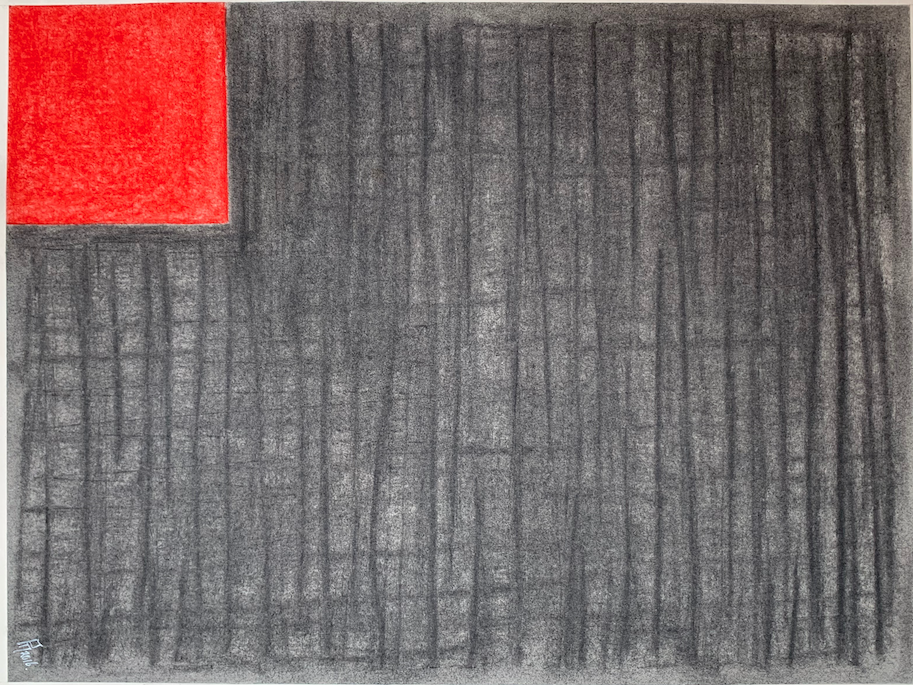A single mother faced criminal prosecution for being unaware of TV license fee non-payment during the COVID-19 pandemic.
With the help of a charitable law practice, Appeal, Josiane B was able to have the charges dropped.
While it is in public interest to fund the national TV service for delivering high quality programmes, the public, third sector and over 150 cross-party MPs have questioned the practice of criminalising those who can’t afford to pay their bills, especially in the midst of cost of living crisis. It has been argued more generally that it is unjust to prosecute people for debt-related offences.
Charities have also observed that the criminalisation disproportionately targets women. A total of 75% of those prosecuted for TV license fee evasion in 2020 were women, making it the offence with the highest proportion of females convicted.
There are also high case numbers, with over 10% of magistrates court cases concerned with the offence. This is owing largely to societal factors and gender roles in a family, which leads to greater availability of women in homes at all times of the day to answer the door, as found by a review conducted by the BBC in 2017.
Josiane brought a private law claim against the BBC for indirect gender discrimination in view of the way that TV Licensing identifies non-payments of license fees and was awarded £6,500.
The problem has been further complicated by the vast majority of TV licence cases proceeding by way of the Single Justice Procedure (SJP), in which a notice is sent to a person by post with 21 days to respond with a guilty or not guilty plea.
It is estimated that 80% of people do not respond to their TV license non-payment charges that might simply because sent to a wrong postal address, which normally results in an automatic conviction.
The charity Appeal continues to campaign to end discrimination and bias in relation to TV licensing. Together with The Public Law Project, they were successful in securing a review of the BBC’s practices in 2022.






